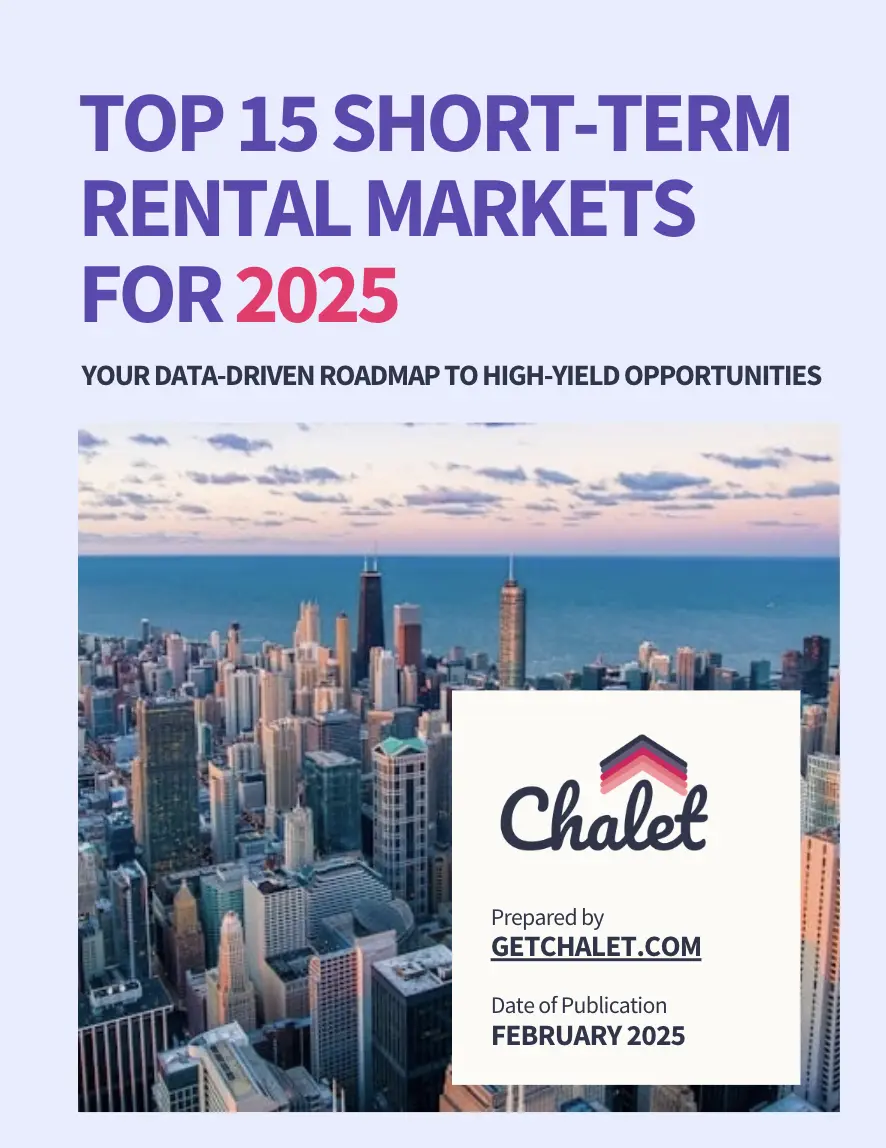On November 4th 2025., New York City has elected Assemblymember Zohran Mamdani as Mayor of New York City. Mamdani’s victory marks a shift toward progressive housing policies. He campaigned on a bold platform to “lower the cost of living” in NYC – highlighting proposals such as a citywide rent freeze on regulated apartments, accelerated construction of affordable housing, and cracking down on abusive landlord practices.
In practice, this means investors in NYC real estate can expect a more tenant-centric policy environment. Mamdani’s signature pledge to “freeze the rent” would halt increases for roughly 30% of the city’s apartments that are rent-stabilized. He frames this not as anti-development, but as immediate relief for renters while longer-term housing supply solutions take effect. (Notably, Mamdani has also voiced support for pro-growth measures like upzoning affluent areas and streamlining permits to spur new housing construction, indicating a nuanced approach.) Overall, the new mayor’s agenda puts affordability and tenant protections front and center – a reality investors must factor into their NYC strategies.
On the other hand, according to some outlets like Politico, New York landlords are already “bracing themselves,” with some accelerating sales or shifting investment to upstate markets in anticipation of stricter rent policy and enforcement. However, if there’s a “Mamdani effect,” it hasn’t yet shown up in the sales tape yet. According to Redfin, in September 2025, Manhattan (New York County) closed 834 home sales vs. 783 a year earlier, about a +6.5% YoY increase. Brooklyn (Kings County) logged 595 sales vs. 569, roughly +4.6% YoY. By contrast, Queens recorded 764 vs. 816 (≈ –6.4% YoY) and The Bronx 176 vs. 197 (≈ –10.7% YoY). But even if there are no signs of a broad Manhattan/Brooklyn exodus in the latest monthly reads, while Queens and The Bronx saw softer volume, we will explore this topic a
NYC’s Airbnb Landscape: Strict Laws, Weak Compliance – Until Now?
New York City already had some of the nation’s strictest short-term rental rules even before Mamdani’s election. Local Law 18 – enforced starting September 2023 – fundamentally changed the Airbnb landscape in NYC. This law requires hosts to register with the city’s Office of Special Enforcement and abide by strict conditions: the rental must be in the host’s primary residence, no more than two guests at a time, and the host must be physically present during the stay. In effect, entire-apartment rentals for fewer than 30 days are banned, unless a host stays on-site – a provision that Airbnb itself likened to a “de facto ban” on short-term rentals in the city.
These tough rules were a response to years of lax enforcement. By 2018, an estimated 60,000+ illegal Airbnb listings were operating in NYC according to some sources, as many investors and owners rented out units in violation of existing laws with little consequence. Local Law 18 dramatically shifted that status quo. Once full enforcement kicked in, the number of active Airbnb listings plummeted by over 80% – from about 22,000 in August 2023 to roughly 2,300 registered listings by early 2024. Platforms like Airbnb were forced to delist unregistered properties, and many hosts who couldn’t meet the new requirements simply exited the market. City officials tout this as a success that has returned units to the long-term housing supply – indeed, many former short-term rentals were converted into regular long-term leases in popular areas.
However, enforcement on the ground has not been without challenges. The city relies heavily on platforms’ compliance and host self-reporting. Some determined operators have sought out loopholes or moved to underground channels. For example, a group of small property owners rallied in 2025 to protest that the law’s strict host-presence rule was unfair, and backed an unsuccessful bill to loosen rules for one- and two-family home rentals. For now, though, the regulatory regime stands firm: NYC’s short-term rental market is tightly regulated and enforcement is ramping up, creating a very different landscape than the free-for-all of years past.
Investors can no longer count on “Airbnb income” from an NYC condo or apartment unless they comply with the restrictive registration system – or pivot to longer stays of 30+ days, which remain legal. This crackdown set the stage just as Mamdani takes office, aligning with his platform’s emphasis on housing affordability (by curbing illegal rentals that remove housing stock). All signs point to continued strict short-term rental enforcement under the new administration.







